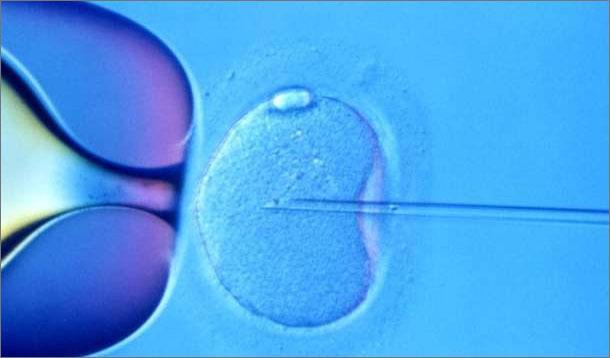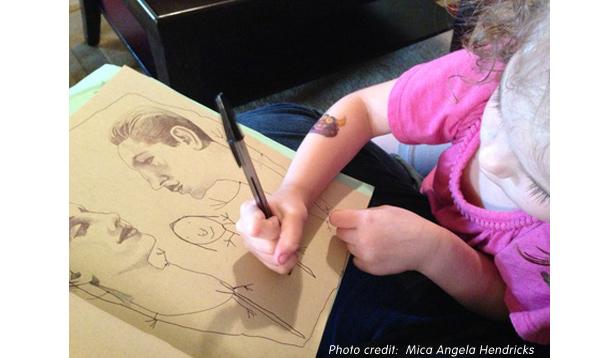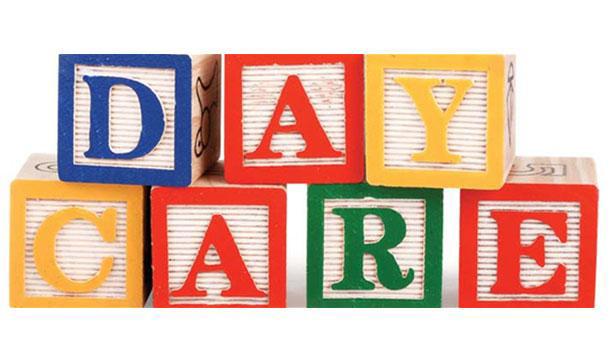
When we think of gender inequality, we tend to think about careers rather than biology. But when it comes to fertility, women inevitably draw the short straw. While men have no worries when it comes to fathering, the clock shows no such mercy for women. For those whose marriages unravel before they manage to start a family, divorce carries with it a double edge sword. By the time they meet a new partner, such women may be too old to fall pregnant.
According to an article in the New York Times, some divorcees are now getting their exes to foot the bill for freezing and storing their eggs (which, in the case of a 38-year-old woman at the heart of a New Jersey lawsuit, rings in at around $20,000).
How can you put a price on fertility? While no one knows the magic number when "your baby-making days" are up, it is now totally possible to quantify the cost of extracting and preserving your eggs.
But just because you can now assign a price tag to your future family, should you? And should that alimony form part of a typical divorce settlement?
In the case of the New Jersey couple, IVF already featured in their marital expenses, so argued the wife that it should be considered as part of the proceedings (albeit those eggs would go on to be fertilized by another man's sperm.)
As the NYT article points out, the issue is a complex and unchartered one. Perhaps the question of 'eggs' would be better addressed upfront, as part of a prenup.
Do you think women deserve to be compensated for their fertility “sacrifice”?

When blogger Mica Angela Hendricks sat down to doodle one day, eager to christen a new sketchbook, she hadn't counted on the fact that her four-year-old daughter was equally eager to make her mark.
Initially Hendricks tried to divert her daughter to her own drawings and markers, hoarding her 'adult' sketch to herself. But her daughter was having none of it, even insisting that, "If you can't share, we might have to take it away."
Yep, Hendricks had obviously taught her daughter well, and now those mommy morals were coming back to bite her. She had no choice but to relinquish her sketch of a lady's face.
According to her blog in the Huffington Post, she couldn't have anticipated the result of the collaboration. Not only was her daughter confident in her vision, Hendricks loved her contribution, which only enhanced her own.
"Do you have any heads for me today?" her daughter would ask every morning, before putting on the finishing touches to her mom's pictures. Hendricks would then colour in, and presto!
Sometimes (OK, most times) our kids are the ones who have important lessons to teach us. In Hendricks' case, she learned not to be so rigid about how things must be done. Once you let go of your preconceptions, beautiful things can, and often do, emerge.
The pair went on to collaborate on several awesome original works, which are now for sale at Society 6.

Though many parents experience working guilt at having to drop their children off at daycare, a new study claims that children benefit from the added socialization of their environment.
According to an article in Science Daily, research from the Radboud University Nijmegen indicates that kids who go to daycare are exposed to a wider variety of "social and communicative situations," giving them the ability to tailor their own communication skills to their peers.
The five-year-old children who attended daycare were more able to take into account the age of their peer, and modify their own non-verbal communication accordingly.
The children displayed more patience when playing with a two year old compared to a child their own age.
What's your take on these findings?